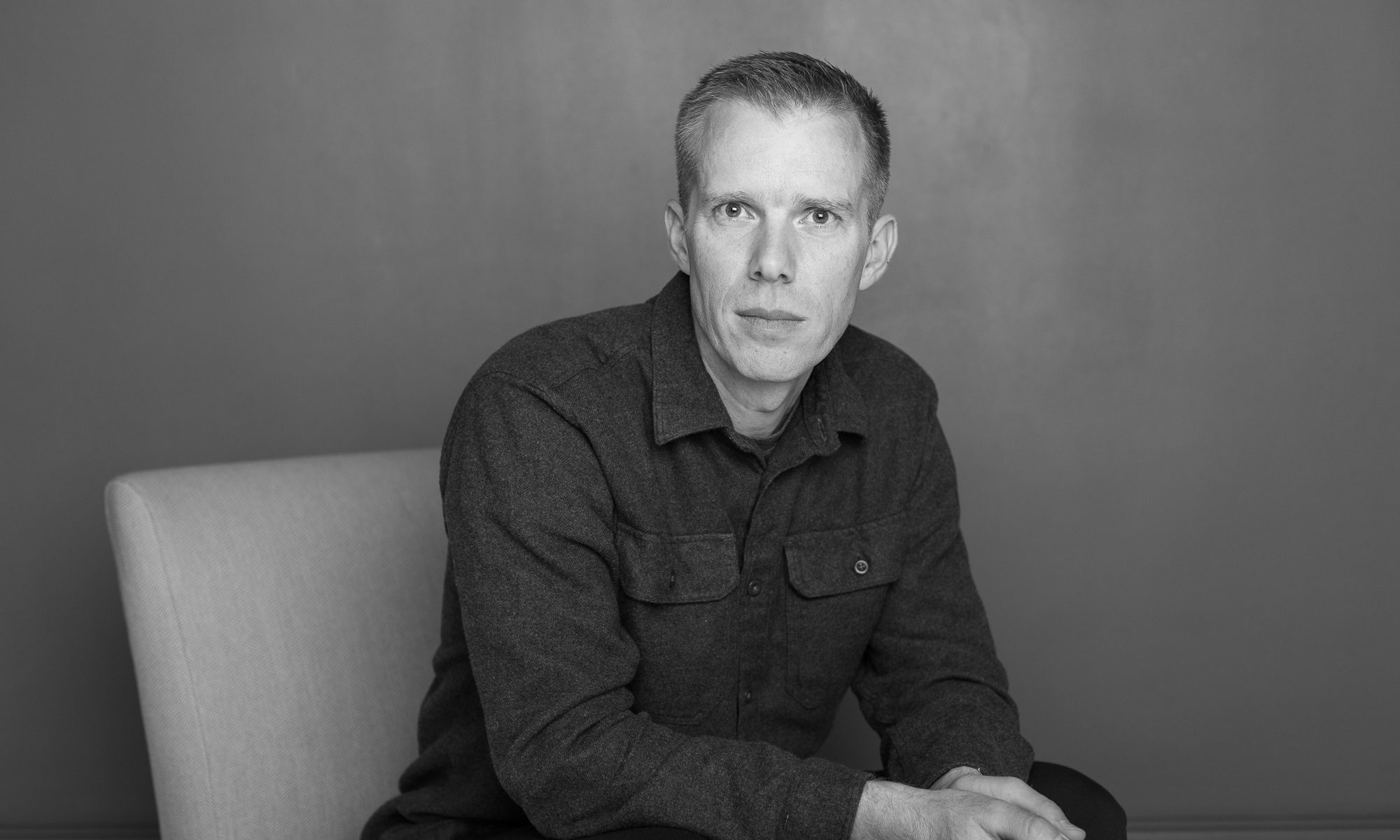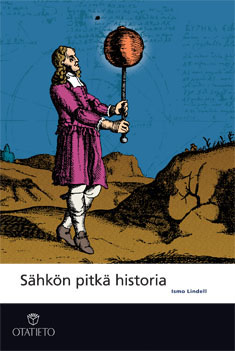So you’ve heard about how Finland kicks everyone else’s tuckuses in public education outcomes? Well, it’s not just about running classrooms right. They also have a strong tradition of nonfiction writing and reading, as exemplified by these five books from Gaudeamus Helsinki University Press. Links to reading samples below. Messages from the Islands is particularly recommended as a delightfully quirky and engaging approach to an oddly fascinating subject. Special thanks to Setti and Elli at Translizer for helping with these during Frankfurt crunch time.
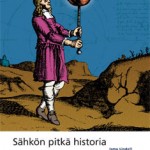 The Long History of Electricity by Ismo Lindell
The Long History of Electricity by Ismo Lindell
Ismo Lindell’s The Long History of Electricity examines how humanity’s knowledge of electricity and magnetism has evolved over three millennia.
The story of electricity and magnetism is examined as part of broader cultural history: How knowledge of them has increased in stages through a dialectic between theory and experimentation, and how they have been applied in different branches of technology and industry. The book uses interesting examples to explain how electricity replaced earlier modes of lighting, uses of power and methods for transferring information.
The Long History of Electricity offers fascinating, thought-provoking reading for anyone interested in the history of science and technology. Professor emeritus Ismo Lindell received the 2010 Finnish Information Publishing Prize for The Long History of Electricity.
The Long History of Electricity (Sample-PDF)
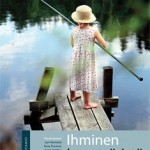 Man and the Environment by Jari Niemelä et al.
Man and the Environment by Jari Niemelä et al.
We live in a century faced with great challenges. The growing population of the world needs to be fed and poverty needs to be reduced. The concept of humanity’s relationship to the environment has become broader and more complex. We have begun to understand how sensitive and intricate a system this really is. There are approximately ten million species of organisms on the Earth, and only a small portion of them is known. The spectrum of habitats is astonishing.
This immense variety offers humanity essential raw materials, services and spiritual nourishment. The relationship between man and the environment, however, is threatening to become a question of survival for the human race. As the number of people on Earth who must be fed grows, we also wish to preserve the natural wealth and abundance of the world’s oceans, forests and other environments.
Man and the Environment is a broad survey of the interactions between humanity and the environment. Its subject areas vary from the extinction of species to climate change and from consumer culture to forest conservation. It also describes the different opportunities we have for making a difference: the decisions we make at home, at work and at the ballot box are essential. A structured overall picture of a complex world improves the quality of decision making and democracy. It also makes near future threats easier to comprehend.
Man and the Environment offers fresh perspectives from top experts on environmental topics and the responsibilities communities must shoulder. The information presented enhances readers’ understanding about the causes of, impacts from and solutions to environmental problems, as well as offering answers to today’s burning environmental questions.
Man and the Environment (Sample–PDF)
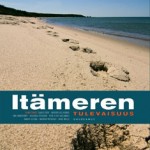 The Future of the Baltic Sea by Saara Bäck et al.
The Future of the Baltic Sea by Saara Bäck et al.
Why is the Baltic Sea deteriorating? What is the value of the Baltic Sea? Why are international protection efforts for the Baltic Sea stumbling? What are the solutions for saving the Baltic Sea? These are the key questions of The Future of the Baltic Sea. Environmental protection is a challenging task: the problems surrounding the Baltic Sea are well known and its poor state is generally acknowledged, but there is still a lack of multidisciplinary scientific dialogue about means for protecting it. The Future of the Baltic Sea delves into these issues, presenting the views, opinions and values of researchers from various branches of science related to the Baltic Sea and what can be done to improve its state. It adds new perspectives and arguments to the discussion about how to improve the future outlook for the entire Baltic Sea area.
“The Baltic Sea is like a living creature with many legs that extends from the Scandinavian Mountains to the fells of Lapland, from Lentiira Village in North-Eastern Finland to the Czech Republic, from Belarus to Lake Onega. It has cleaned itself through evaporation or by leading its waters to the Atlantic Ocean to evaporate, from where they return to us as rain, clean from impurities that we have dumped into our water systems. Now its strength is clearly starting to falter.” – Antti Tuuri, bestselling author
The Future of the Baltic Sea (Sample–PDF)
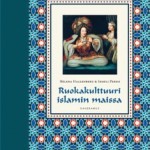 Cuisine of the Islamic World by Helena Hallenberg & Irmeli Perho
Cuisine of the Islamic World by Helena Hallenberg & Irmeli Perho
Cuisine of the Islamic World provides a captivating look into one of humanity’s richest food cultures. The book describes how a cuisine that was initially quite simple developed into a sophisticated epicurism and how different foods and stimulants were used around Bedouin camp fires and at the tables of medieval rulers and are still used in modern meals, not to mention celebrations.
Cuisine of the Islamic World also explores the rainbow of food culture among Muslims in Finland, such as Tatars, Kurds and Somalis. Individual raw ingredients and whole dishes have spread across the globe through the Islamic nations: the best known stimulant, coffee, was first consumed by Sufi mystics. Included is a collection of recipes from nations as far-flung as Morocco and China that will entice the taste buds.
This book will be enjoyed by everyone who wants to understand the many different meanings and intercultural connections of Islamic cuisine–from lovers of gourmet delights to food industry professionals.
Cuisine of the Islamic World was awarded the Finnish Science Book of the Year award in 2010. Quoting from the judging panel’s decision: “The book is an outstanding introduction to modern global history and develops both respect and curiosity in the reader towards Islamic culture and world views. And to top everything off, the end of the book includes a sizable collection of Islamic recipes, which will tempt readers to move from words to actions – i.e. to both cooking and cultural tourism.
Cuisine of the Islamic World (Sample–PDF)
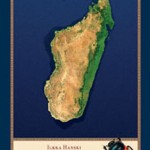 Messages from the Islands by Ilkka Hanski
Messages from the Islands by Ilkka Hanski
Messages from the Islands is a riveting account of the diversity of nature and how new species are born and why old ones disappear. Internationally renowned ecologist Ilkka Hanski ponders environmental changes from an illustrative, general knowledge perspective so the book is also suitable for readers who are not familiar with ecology. The book takes the reader to six islands, from the tiny Haminanluoto Island in the eastern Gulf of Finland to Greenland, the world’s largest island. The text is embellished by reminiscences of the young researcher’s thoughts and excitement. Why have large species been successful in nature in Finland? How did the Granville Fritillary butterfly from Åland become the model species for population ecology research? Why did researchers become interested in dung beetles from the rain forests of Borneo and Madagascar? What do fluctuations in lemming populations say about the stability of Greenland’s biological communities?
Messages from the Islands uses these examples to shed light on even bigger questions: Why do species change. What is the significance of habitat change, global warming and new species? The book helps the reader to understand why nature’s diversity is worth protecting.
Professor Ilkka Hanski leads a top unit in meta-population biology at the University of Helsinki. He is one of the most scientifically accomplished ecologists in the world and is one of Finland’s best known researchers. He previously authored a book entitled The Shrinking World: the Ecological Consequences of Habitat Loss (Excellence in Ecology 14, International Ecology Institute 2005). The Royal Swedish Academy of Sciences awarded Hanski the 2011 Crafoord Prize, also known as the “mini Nobel.”
